Portugal's D2 Visa: Entrepreneurship and Residency for Expats

- Remove the current class from the content27_link item as Webflows native current state will automatically be applied.
- To add interactions which automatically expand and collapse sections in the table of contents select the content27_h-trigger element, add an element trigger and select Mouse click (tap)
- For the 1st click select the custom animation Content 27 table of contents [Expand] and for the 2nd click select the custom animation Content 27 table of contents [Collapse].
- In the Trigger Settings, deselect all checkboxes other than Desktop and above. This disables the interaction on tablet and below to prevent bugs when scrolling.
Portugal is one of the more accessible countries in Europe for those pursuing entrepreneurial residency, and the D2 Visa plays a central role in this framework. Designed for entrepreneurs, freelancers, and independent professionals, the visa facilitates long-term residence through the creation or support of a business in Portugal. For solo professionals or startup founders, the D2 Visa provides a clear legal pathway to establish and grow a business in Portugal.
Let’s break down the essentials.
What is Portugal’s D2 Visa?
Portugal’s D2 Visa (also referred to as Portugal's Entrepreneur Visa, allows non-EU/EEA/Swiss nationals to live in Portugal while developing an independent economic activity—the goal: to stimulate entrepreneurship that contributes to the local economy.
It’s well-suited for:
- Freelancers with international or local clients
- Small business owners
- Founders establishing a Portuguese company
Unlike the D8 Freelancer Visa, designed to attract digital nomads, the D2 is explicitly linked to investment in the country’s economy, making it a gateway to starting a business in Portugal.
Setting Up a Company vs Working as a Freelancer
Applicants can pursue the D2 via two structures:
1. Incorporating a Company
This is the most common route. Founders open a Portuguese entity (typically a Sociedade por Quotas, or LDA), open a corporate bank account, and inject capital, usually a few thousand euros.
Advantages:
- Easier to demonstrate business viability
- Adds structure for hiring or scaling
- Eligible for certain tax incentives
2. Registering as a Sole Trader (Freelancer)
Alternatively, individuals can register as trabalhador independente (sole trader) with the Portuguese Tax Authority. This route suits freelancers and solo consultants with established clients.
It requires a valid activity code (CAE) and proof of services rendered. While simpler, it requires a very strong case for economic contribution.
Business Plan Expectations
A robust business plan is non-negotiable. Immigration authorities and financial advisors for entrepreneurs alike consider it the central document.
It must demonstrate:
- Market viability.
- Operational strategy.
- Client base or demand.
- Estimated 3-year revenue.
- Job creation potential.
- Investment value.
- Link to the Portuguese economy or society.
Even sole traders should submit a tailored plan with emphasis on recurring revenue, retained clients, and compliance with local rules.
Supporting Documentation
In addition to the business plan, applicants need to show:
- Proof of incorporation or sole trader registration.
- Portuguese tax number (NIF).
- Proof of accommodation in Portugal.
- Portuguese bank account with sufficient funds.
- Valid background check.
- Valid passport
- Statement of intention to reside in Portugal
For freelancers, contracts or letters of intent from clients are highly encouraged.
Suitable for Freelancers and Small Business Owners
The D2 is not just for startup founders. It covers a wide swath of entrepreneur jobs, including:
- Consultants.
- Designers.
- Developers.
- Coaches.
- Digital agencies.
- Import/export firms.
This flexibility makes it ideal for people seeking a freelancer visa that goes beyond remote work. As long as the business case aligns with Portugal’s economic interests, the structure is secondary.
Connection to the Portuguese Economy
Authorities assess how applicants contribute to national or regional development. This doesn’t necessarily mean hiring lots of people. The focus is rather on indicators like:
- Serving local clients.
- Partnering with Portuguese businesses.
- Using local suppliers.
- Establishing a physical presence (co-working space, office, etc.).
Such tangible connections reinforce the legitimacy of the visa request and reflect the applicant’s commitment to opening a business in Portugal.

Tax Treatment Under Category B
Once approved, D2 holders become Portuguese tax residents if they spend more than 183 days per year in the country or maintain a habitual residence. Their income will fall under Category B of the IRS tax code. This category applies to:
- Freelancers.
- Sole traders.
- Business owners drawing income from services.
Taxation is progressive, and social security contributions (~21.4%) apply unless exempted by international agreements.
Some may also qualify for the revised Non-Habitual Resident (NHR) regime, potentially reducing their effective tax burden for up to 10 years. Proper international tax advice is essential to structuring income and business activities efficiently.
Key Financial and Timeline Considerations
Here’s a closer look at the D2 Visa's costs, timelines, and administrative steps:
How Much Does a D2 Visa Cost in Portugal?
- Visa application at the consulate: ~€90.
- Residence permit processing (now handled by AIMA): ~€90.
- Legal assistance and business setup: €1,000–€2,500 (optional but common).
It is important to note that establishing and operating a business in Portugal entails continuous compliance expenses, such as certified accounting, social security contributions, and potential value-added tax (VAT) obligations, depending on the nature of the business's activities.
How Long Does It Take to Get a D2 Visa?
On average:
- Consulate processing: 60–90 days.
- Residence permit appointment with AIMA (formerly SEF): another 30–60 days.
Preparation is key. Delays often arise from incomplete documentation or weak business cases.
What is the Difference Between the D2 and the D7 Visa in Portugal?
The D7 Visa targets passive income holders (e.g., retirees, remote workers with fixed income). The D2 is for active professionals launching a business or offering services.
Key distinctions:
- D2 = income from business activity.
- D7 = income from pensions, dividends, or remote employment.
What is the Difference Between D2 and the Golden Visa?
Portugal’s Golden Visa is an investment-based residency, now limited to options such as fund participation, research, cultural support, or job creation.
Differences:
- D2 = active economic participation (starting a business).
- Golden Visa = passive investment, often €500k+.
- D2 requires residency, while the Golden Visa has minimal stay requirements.
Making the Most of the D2 Visa in Portugal
The D2 Visa in Portugal is a practical and achievable pathway for freelancers, small business owners, and startup founders committed to building something meaningful in Portugal.
It offers flexibility in structure, favorable tax planning opportunities under Category B of the IRS tax code, and long-term benefits such as residency and a path to citizenship.
For those seeking to start a business or work independently in Portugal, consulting with a chartered tax advisor is essential.
At Tytle, we provide global tax services, including:
- Accounting/bookkeeping
- Accurate tax filing
- Estate planning
- Cross-border advice
- Immigration services
- And much more!
For more international tax advice, feel free to explore: “Freelancing in Portugal: Tax Filing Rules for Digital Nomads” and “Americans Freelancing in Portugal: Keep US LLC or Go Local?”
See our latest articles
Get affordable tax help in Portugal now!


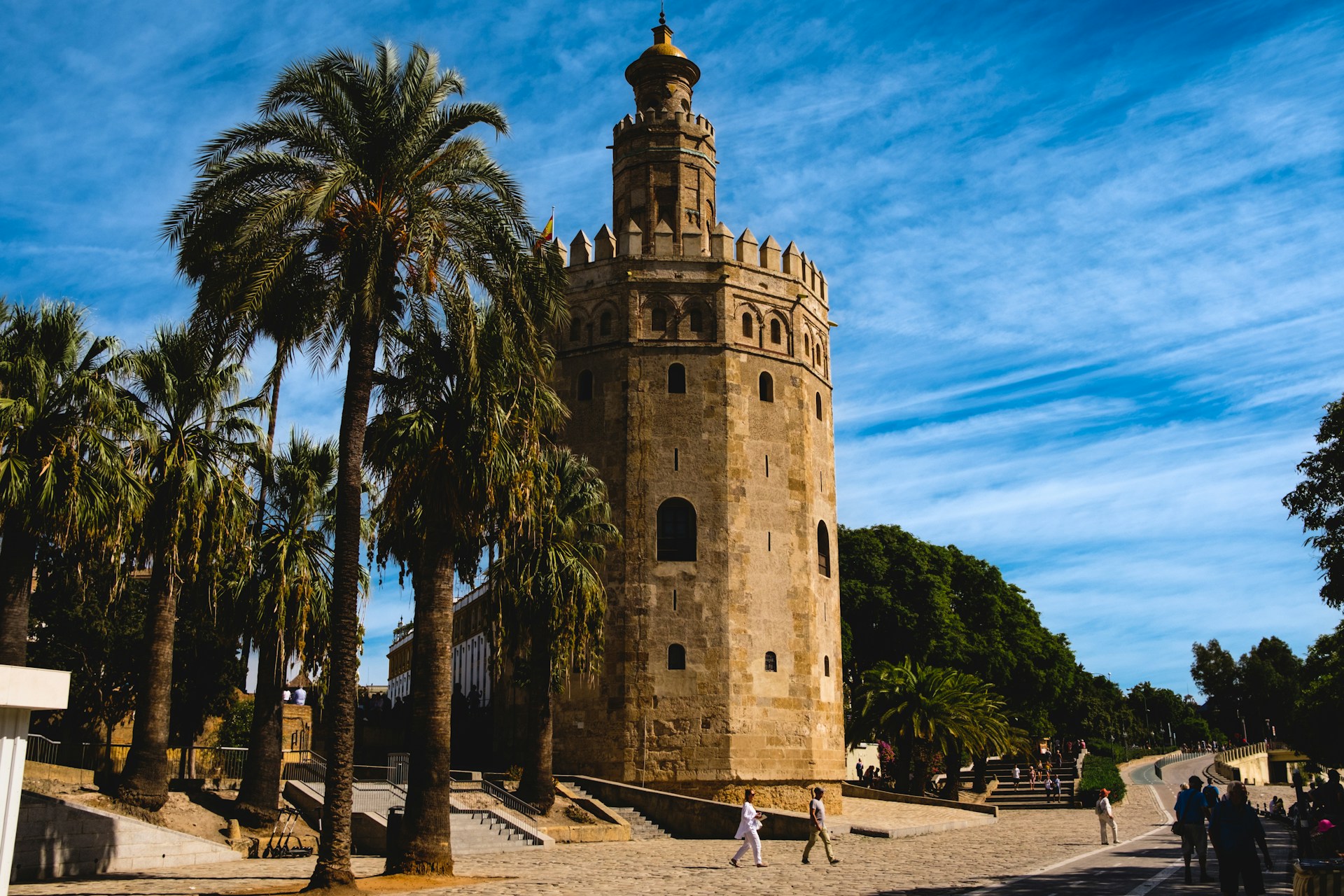
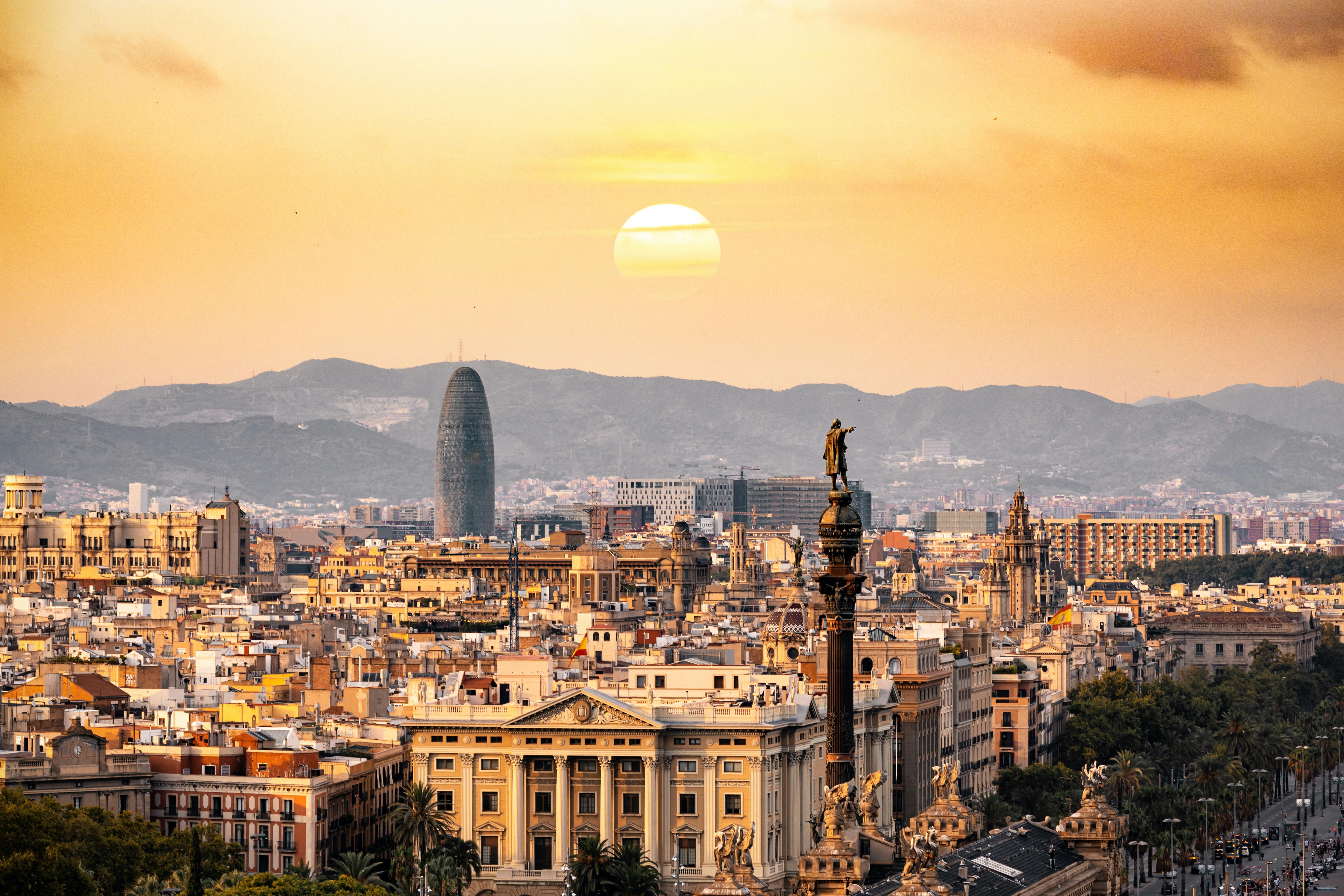

.png)
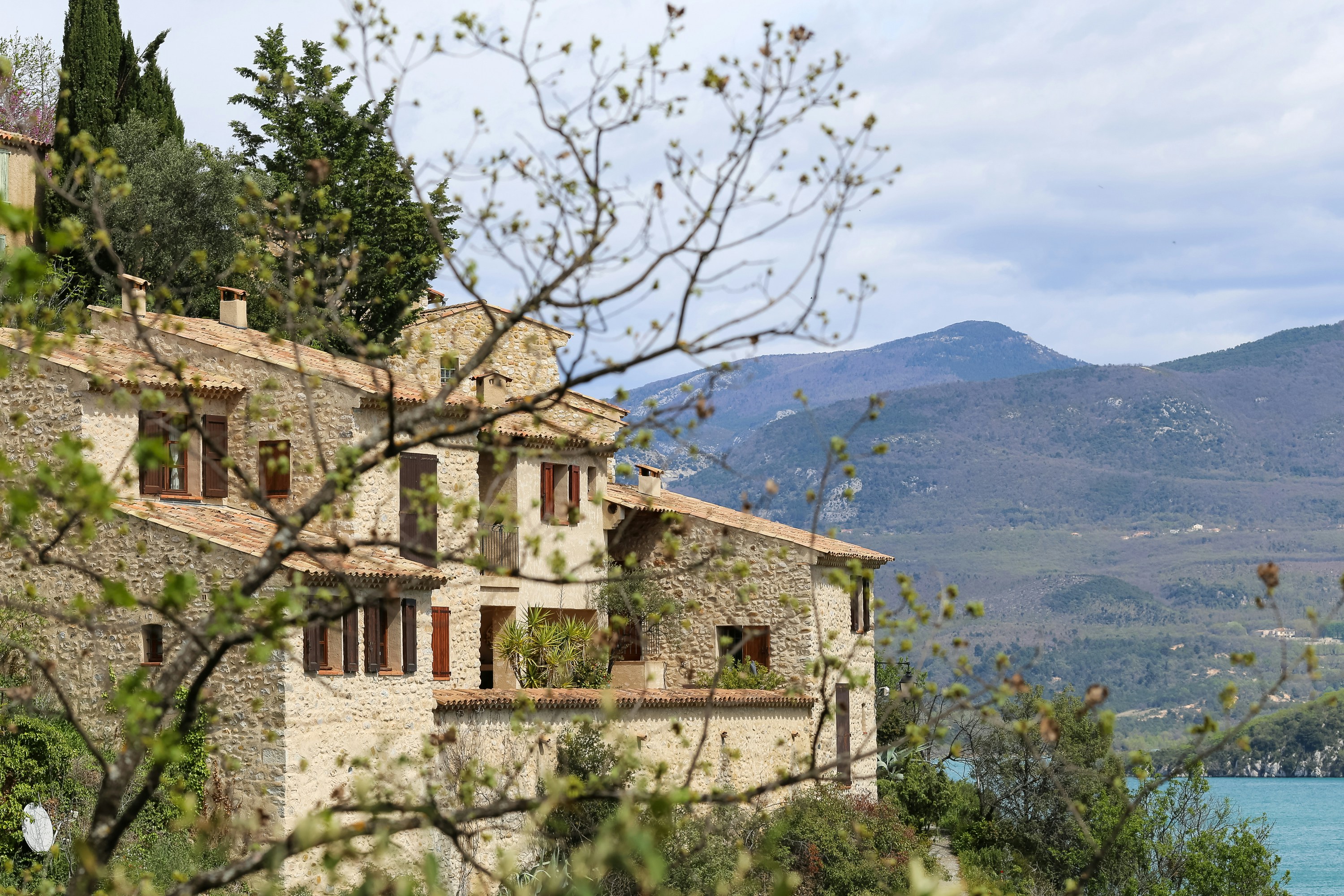

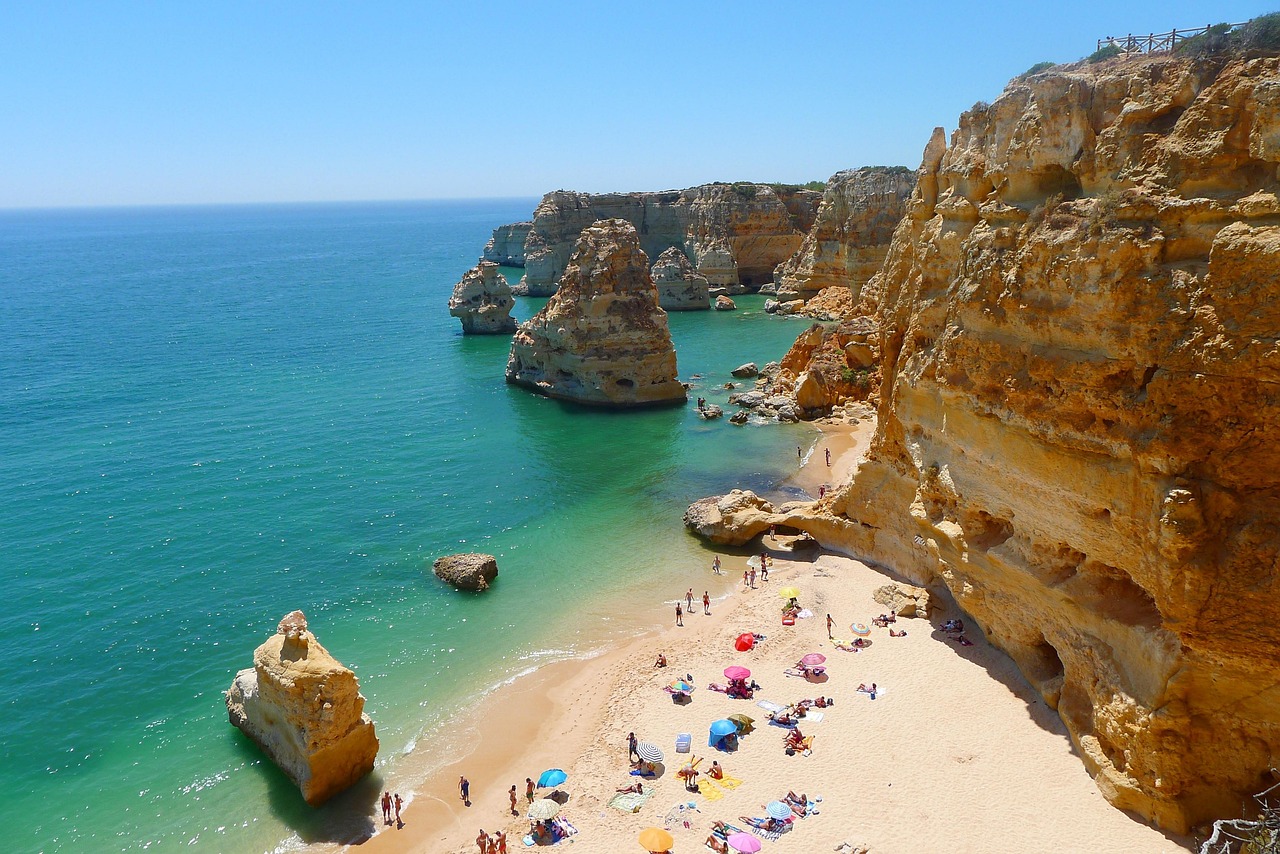
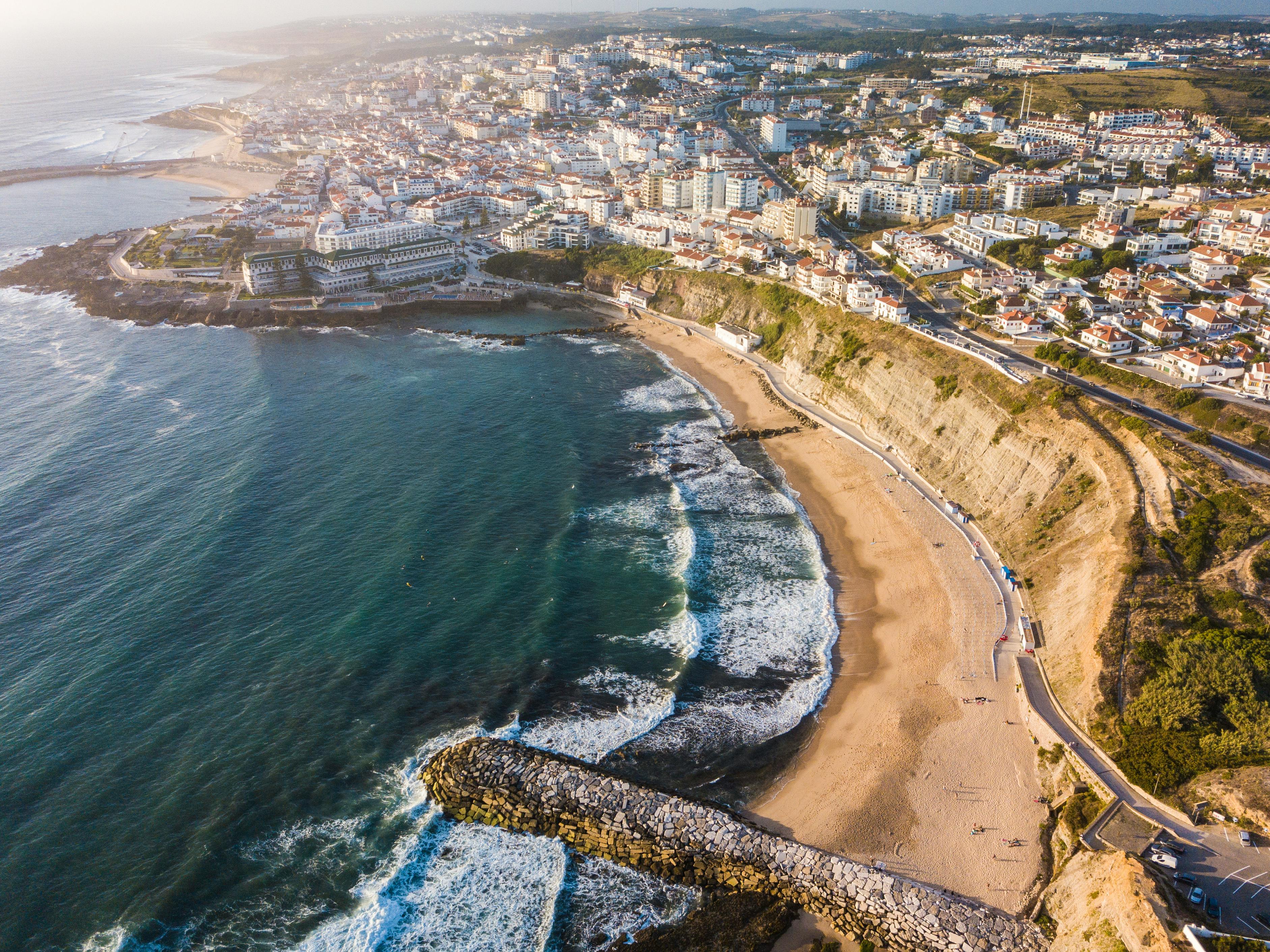
















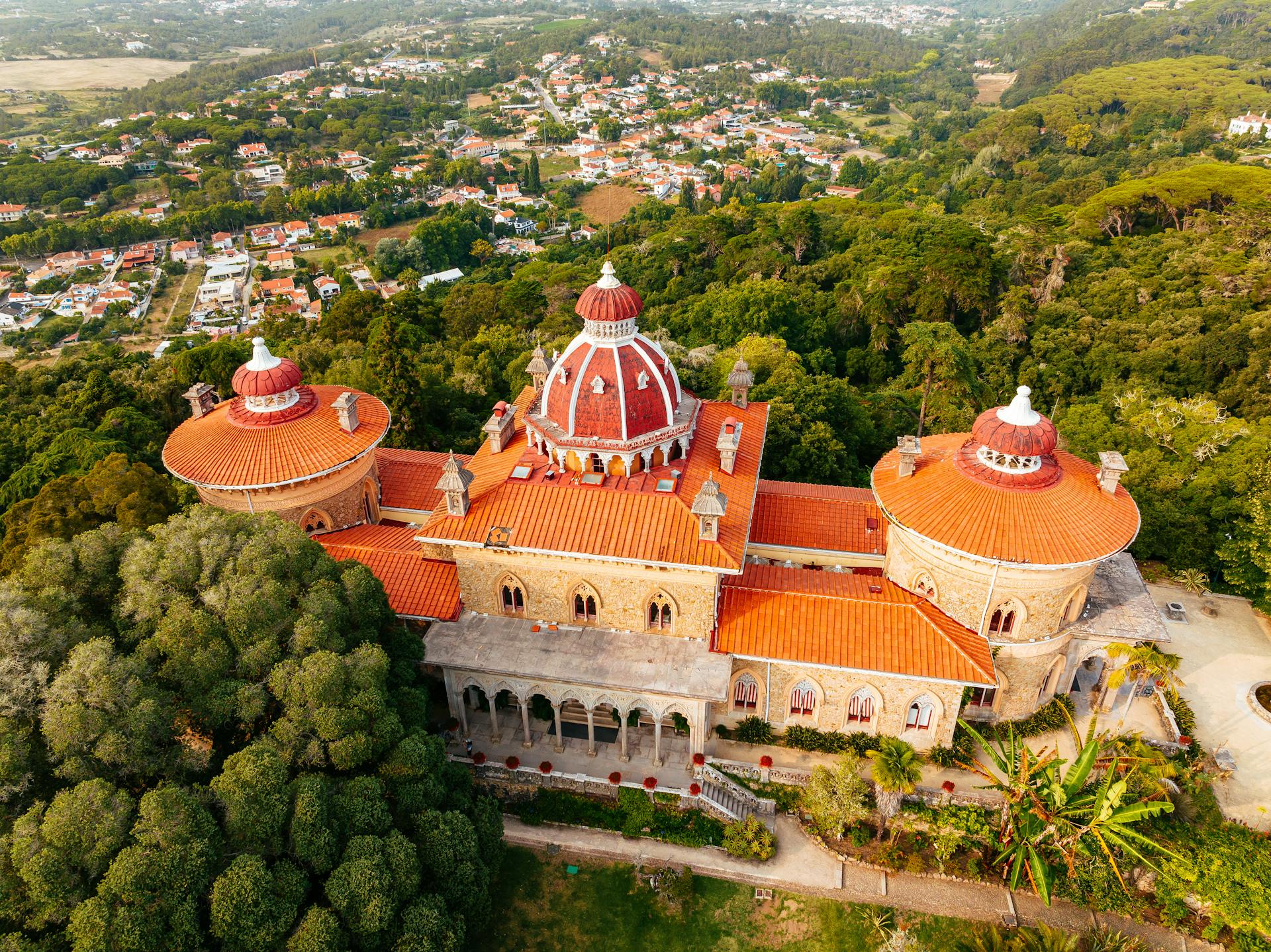



.webp)
.webp)



.webp)
.webp)

.webp)


.webp)





